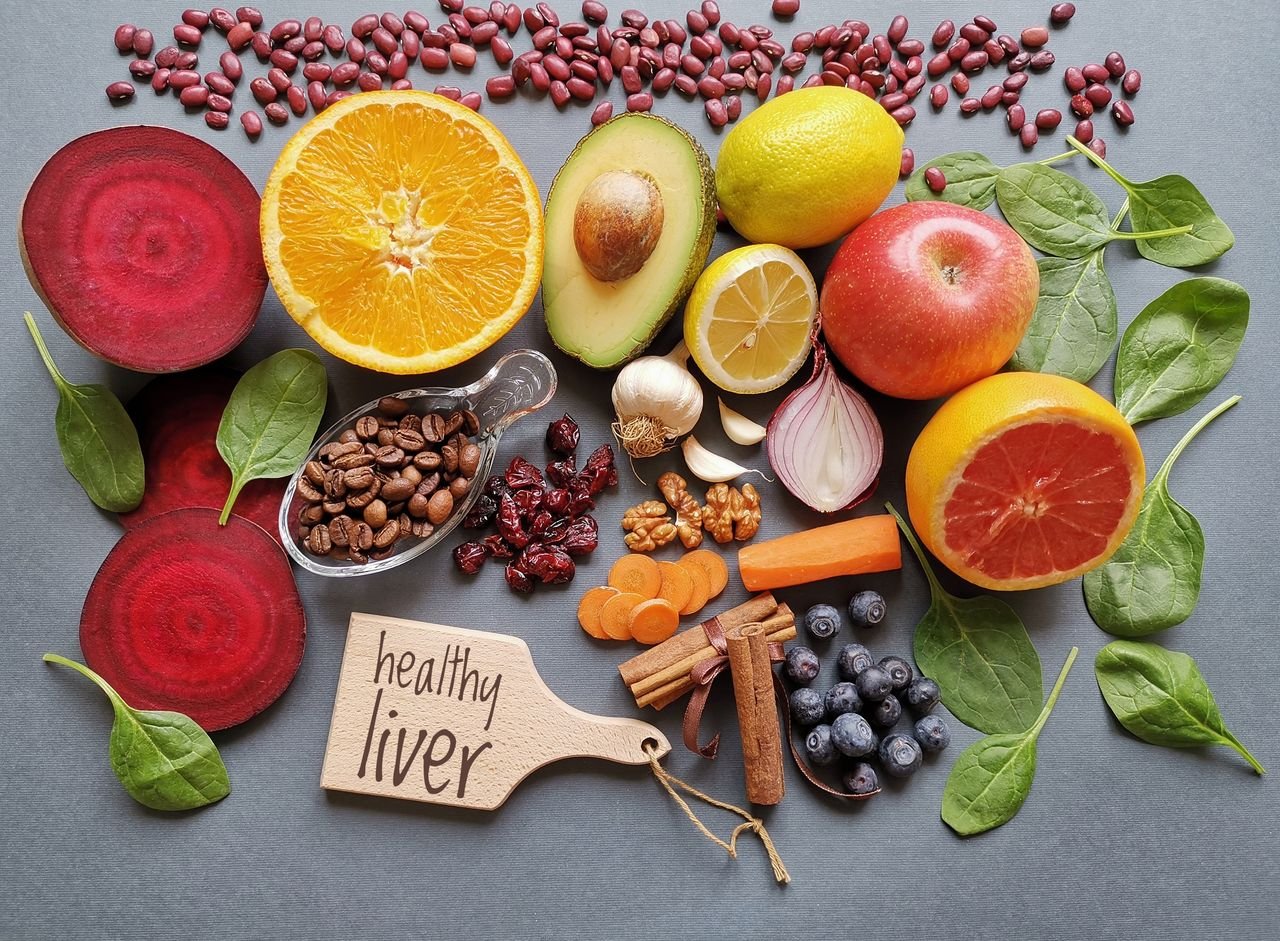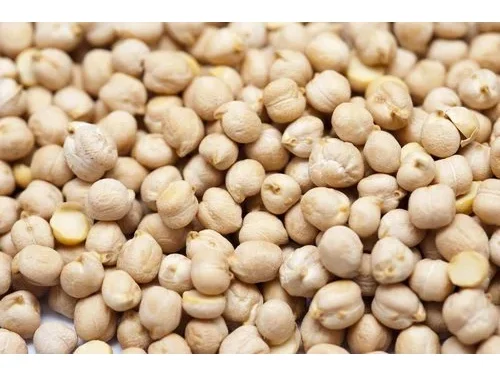Foods That Help to Strengthen and Enhance the Immune System

Many people seek special foods or vitamin supplements during cold and flu season to strengthen their immune systems.
Avoid processed foods containing additives like preservatives, which can tamp down the immune system, and limit added sugars, which rob cells of vital energy. Focus on whole, unprocessed foods, including vegetables and fruits.
Citrus Fruits
Citrus fruits like oranges, lemons, and kiwis are full of vitamin C. This nutrient is a powerful immune system booster and can shorten the duration of cold symptoms. Vitamin C also helps strengthen white blood cells which are essential for fighting infections. It also enhances mucosal immunity and improves innate immune responses.
Another important nutrient found in citrus fruits is flavonoids which are natural plant compounds with antioxidant properties and help reduce inflammation and fight respiratory tract infections. To cure ED, take Cenforce 100 mg tablets. Studies suggest that regular consumption of flavonoids can protect against cardiovascular disease and cancer.
A diet high in fruit and vegetables is key to keeping the immune system strong. Leafy greens such as spinach, kale, and collard greens contain vitamin A which is also a great immune booster. They are a rich source of antioxidants that help boost the immune system and prevent cell damage from free radicals. They are also high in iron which is necessary for red blood cell formation.
Fruits like apples and pears are good sources of Vitamin C which promotes the growth of healthy white blood cells that help fight infection. They also contain quercetin, a phytochemical with anti-inflammatory properties. A study has found that people who eat apples and pears regularly are less likely to suffer from respiratory illnesses and have lower cholesterol levels than those who do not.
Broccoli
The broccoli plant (Brassica oleracea var. italica) belongs to the cruciferous vegetable family and has green flower clusters that grow from a stalk. The vegetable is eaten raw or boiled in soups and curries, but it has also become popular as an add-on to hors-d’oeuvre trays, where it is commonly served in the form of crisp “crudites.” Broccoli is rich in vitamin C, vitamin A, vitamin E, calcium, iron, and dietary fiber. It contains glucosinolates that possess antifungal, antibacterial, and anti-cancer properties; these compounds are processed by the body to produce the sulforaphane antioxidant. Sulforaphane is found mainly in the sprouts of broccoli, but it is also present to a lesser extent in the stem and leafy parts of the plant. Research shows that boiling vegetables ruins sulforaphane, so it is best to eat them raw.
Broccoli is a good source of vitamin D, which helps maintain normal cell function. It also provides a significant amount of the mineral potassium, which is important in maintaining normal heart and muscle function as well as normal blood pressure. A half cup of cooked broccoli provides 80% of the recommended daily intake for potassium.
According to UCLA researchers, eating a variety of foods that are high in immune-boosting nutrients will help to keep your immunity strong. Other immune-boosting nutrients include the fat-soluble vitamins A and E, as well as zinc, folate, protein, and iron. Leafy greens, such as kale, spinach, collard greens, and chard are good sources of these nutrients. Asparagus is another excellent immune-boosting food and contains high levels of vitamin A and vitamin C. Other vegetables that are high in immune-boosting nutrients include radishes, sweet potatoes, and garlic.
Sweet Potato
Sweet potatoes are starchy root vegetables that provide your immune system with many of the vitamins and minerals you need to stay healthy. Cenforce 120mg to effectively address men’s health difficulties. These include vitamin A, beta carotene, vitamin C, and other antioxidants.
Beta carotene, found in bright orange-fleshed vegetables like sweet potatoes, is an essential nutrient that the body converts to vitamin A. Vitamin A is an important part of a healthy immune system and low levels of this nutrient have been linked to weakened immunity (1). Sweet potato is also a good source of provitamin A, which helps protect your eyesight. Research suggests that eating enough dietary provitamin A can help prevent or delay the onset of common eye disorders, such as xerophthalmia and cataracts (2).
Like all other members of the family Brassicaceae, (which includes kale and broccoli), sweet potatoes are high in fiber. One cup of mashed sweet potatoes provides 4 grams of soluble and insoluble fiber, which helps promote regularity and keep your digestive tract healthy. This fiber also provides your digestive system with prebiotics, which help feed your gut bacteria and reduce inflammation (3).
In addition to soluble and insoluble fiber, sweet potatoes contain several other nutrients that support your immune system. These include vitamin A, vitamin C, manganese, and potassium. The vitamin A in sweet potatoes supports healthy mucous membranes, which are your first line of defense against viruses and bacteria (4). Vitamin C is an antioxidant that may help reduce your risk of respiratory infections by decreasing inflammation and preventing the destruction of immune cells (5).
The potassium in sweet potatoes can help lower blood pressure by rebalancing your body’s sodium and potassium ratios. This nutrient also supports nerve function and muscle contraction and moves nutrients into and wastes out of cells (6).
Spinach
Spinach is a green leafy vegetable that contains high amounts of vitamin C and beta carotene. Both of these nutrients have been shown to help boost immunity and improve health in many ways. Vitamin C is a powerful antioxidant that helps fight free radicals, which can damage cells and cause disease. Beta carotene is another powerful antioxidant that protects the immune system by increasing the number of disease-fighting cells in the body.
The vitamin A and folate in spinach also help prevent colorectal cancer by reducing DNA damage and preventing harmful mutations of colon cells. Vitamin A and folate in spinach also help improve digestive health by lowering inflammatory responses and promoting gut health. They can also lower the risk of complications that can occur with diabetes by regulating blood sugar levels and maintaining healthy, strong blood vessels.
Another important nutrient found in spinach is iron, which plays an essential role in forming red blood cells and carrying oxygen throughout the body. This nutrient is especially important for pregnant women, children, and adults, as it can help prevent anemia. To maximize the absorption of iron from spinach, consume it with foods that contain vitamin C, such as citrus fruits or carrots.
Spinach is also a good source of magnesium, which is necessary for energy metabolism, muscle and nerve function, healthy bones, and blood pressure. To get the most benefit from this mineral, try to eat spinach cooked rather than raw, as it contains more magnesium in its cooked form. Other foods that are rich in magnesium include dark chocolate, bananas, and fortified breakfast cereal. Zinc is another nutrient that helps the immune system by boosting white blood cells, which can destroy viruses and bacteria. This nutrient is available in many different foods, including nuts, seeds, avocado, and salmon.
Yogurt
As you make summer grocery lists, shopping for berries, fresh produce, and mouth-watering salmon, don’t forget to stock up on immune-boosting foods. These healthy foods are high in nutrients that support and enhance the immune system – your body’s natural line of defense against infections, diseases, and viruses.
Yogurt is a rich source of probiotics and vitamin C that help stimulate the immune system. It also contains zinc and iron, which are essential to keep the immune system working properly. Choose plain or low-fat yogurt without added sugar and add granola, fresh fruit, or chopped nuts for a satisfying breakfast or snack.
Another great food to add to your diet is garlic, which is full of sulfuric compounds that act as antiseptics and have antifungal properties. Garlic has been shown to reduce inflammation and lower blood pressure, which can contribute to the development of heart disease and some cancers.
Other immunity-boosting food choices include almonds, which are a good source of vitamin E, which helps prevent damage from free radicals and is a natural infection fighter. Sunflower seeds are another important nutrient that is known to reduce inflammation in the body.
Aside from consuming immune-boosting foods, eating a balanced diet is the best way to keep your body healthy and strong. A well-balanced diet can provide all the vitamins and minerals your body needs to keep the immune system functioning optimally.






